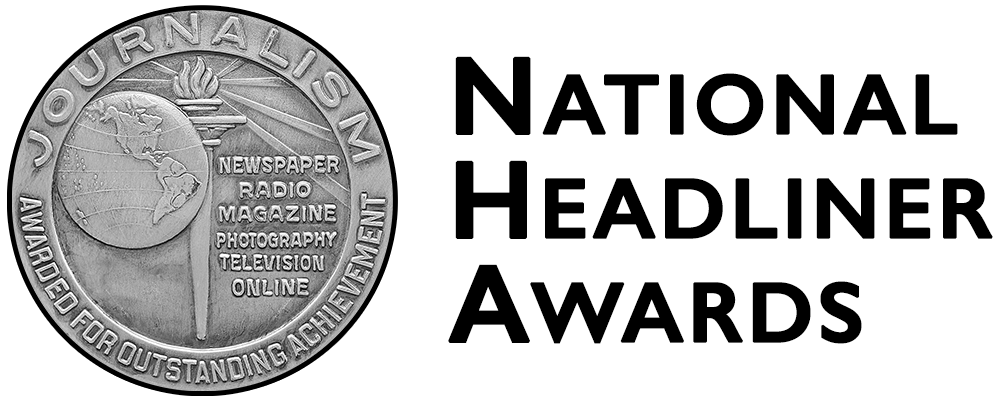How many stations are planning to sell their spectrum in the FCC's upcoming auction may not be known for months or years, because agency officials, who are barred by law from identifying individual station participants until after the auction is over, are also declining to comment on the number of station applications the agency received.
Number Of Spectrum Sellers Staying Private
Broadcasters who are giving serious consideration to participating in the FCC’s incentive auction this year were supposed to put the agency on official notice last night.
But how many stations are planning to sell their spectrum may not be known for months, because agency officials, who are barred by law from identifying individual station participants until after the auction is over, are also declining to comment on the number of station applications the agency received.
An FCC official told TVNewsCheck today that the agency is not planning to release the number, both because the Jan. 12 filings don’t oblige broadcasters to participate, and because the agency won’t know how many individual stations are planning to participate until the agency reviews the individual broadcaster filings.
The next critical deadline for broadcast station auction wannabes is March 29, when stations execs will have to decide whether to commit to participate in the auction’s initial round.
Yesterday’s filings only preserve a station’s option to participate in the auction.
Under the FCC’s auction regulations, broadcasters who choose to participate in the auction’s initial round on March 29 must honor their commitments but can generally drop out if they don’t want to accept a lower bid from the agency.
Any bids stations accept from the FCC are considered binding.
Under the “reverse auction” concept the agency is using to try to buy broadcast spectrum to repurpose for smart phones and other wireless services, the FCC will conduct additional rounds beyond the initial one to try to bid down the price the agency must pay for the broadcast spectrum it needs for the auction.
The FCC’s auction rules clear the way for broadcasters to participate in the auction by selling their licenses and getting out of the broadcast business altogether or continuing as broadcasters by moving to VHF channels or sharing UHF channels with other broadcasters.
Also under the FCC’s auction plan, the agency is expected to announce how much broadcast spectrum the agency is planning to buy from broadcasters — its initial clearing target and spectrum band plan — by the end of April. Then the FCC will hold mock auctions to give qualified bidders an opportunity to see how the process works.
A source close to the issue said the agency’s initial clearing target is likely to provide the best evidence of how many broadcasters are participating in the reverse auction, because how much spectrum the FCC will be able to clear depends largely on how many broadcasters agree to participate.
The FCC has come up with band plans that would clear anywhere from 42 to 126 MHz of TV spectrum. The higher the clearance target number the FCC announces, generally the higher the level of broadcast participation.
The actual bidding in the reverse auction, which is expected to get underway by early May, could take a month or so to complete, and the agency’s “forward auction,” when wireless carriers bid for the broadcast spectrum, could get going a couple of days after the reverse auction is over.
The forward auction is expected to take another couple of months to conclude.
If the FCC fails to raise enough money in the forward auction to cover the auction costs and pay broadcasters, the law requires the agency to revive the reverse auction, lowering its bids until enough stations drop out to allow the agency to close the auction.
After the auction closes, broadcasters are supposed to get their money. The FCC is hoping to wrap up the auction by early in the third quarter of 2016.
Under the FCC rules, broadcasters are free to disclose whether they are planning to participate in the auction but are not supposed to reveal bids or bidding strategies.
Also under the law, the FCC is supposed to release the identities of the winning broadcast bidders in the auction after the auction closes. The FCC is supposed to keep confidential information about other broadcasters that participated in the auction but didn’t win for two years after the auction.

























Comments (5)
Brian Bussey says:
January 13, 2016 at 4:11 pm
of course it is a secret. The government protects corporations at the expense of American workers. Corporations could not have employees walking out early. !! Who exactly does this secrecy benefit??
Gary Weun says:
January 13, 2016 at 4:19 pm
It benefits the conspiracy theorists who hate every single thing the government does. They now have more reasons to add to their list of why the government is evil.
Brad Dann says:
January 13, 2016 at 4:33 pm
It also protects the FCC from criticism if hardly any stations participate and gives them time to “encourage” more stations to get in behind the scenes.
Ellen Samrock says:
January 14, 2016 at 12:08 am
One thing we know; many noncoms are teeing up to sell their spectrum. They’ve made secret of it. PBS is trying desperately to staunch the bleeding of affiliates as schools who run TV stations head for the exits.